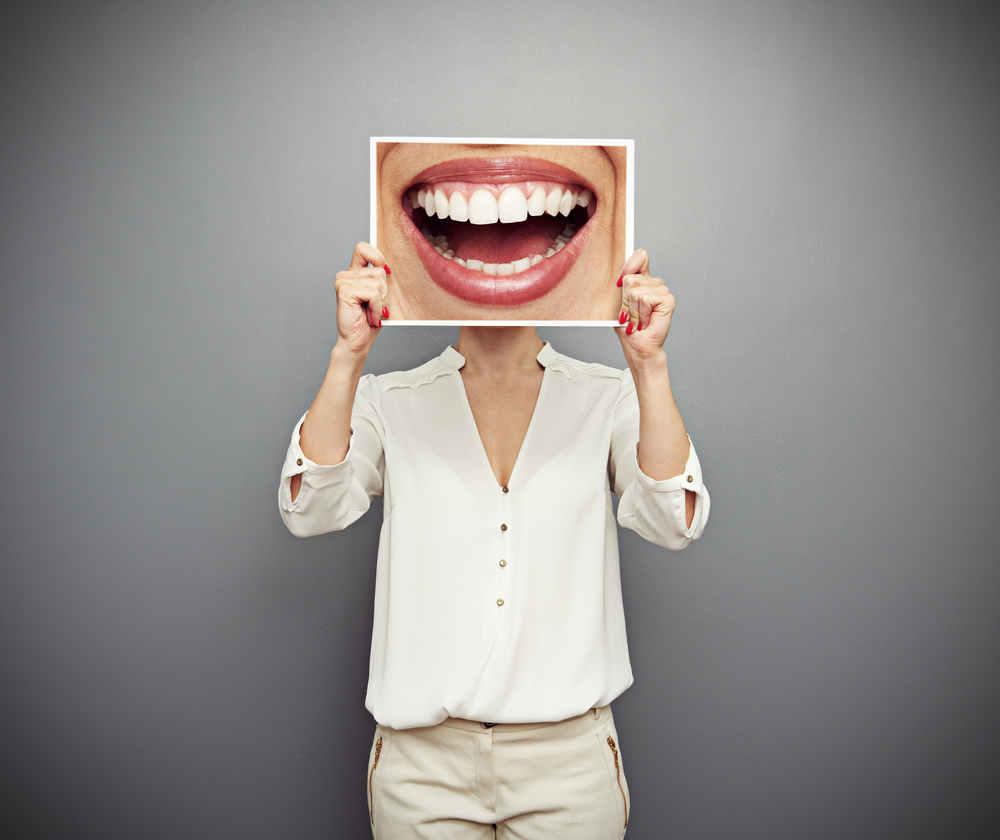Did you know that your teeth can shift as you get older? And we don’t mean purposely shifting them into a better position to create a perfect smile. We’re talking about the natural process of shifting teeth that occurs with age.
Yep, contrary to what most of our Greer and Simpsonville orthodontic patients believe, the teeth are not permanently fixed in place. It doesn’t matter if you’ve had orthodontic treatment or not — you may notice that your teeth gradually move over time. It happens for a variety of reasons: periodontal disease, teeth grinding, not wearing a retainer, and plain old aging are all potential causes of shifting teeth.
At Davis Orthodontics, we’re in the business of creating beautiful smiles … and our hope is for those smiles to last you a lifetime! But whether you’ve had braces or Invisalign or not, it’s totally normal for your teeth to shift out of alignment. Here’s why teeth shifting happens and what you can do about it.
What Causes Teeth to Shift
Many people believe that our teeth stay put once we get our adult teeth and that the only way to move them is with orthodontic treatment, but these are just some of the many myths about teeth. In reality, your teeth can absolutely shift on their own, often without your noticing until you look in the mirror one day and notice something different about your smile!
Why do teeth shift? This not-so-desirable phenomenon can occur for a number of reasons, including:
- Periodontal Disease: Turns out, your dentist doesn’t constantly remind you to floss your teeth every day just to annoy you! In fact, not flossing can lead to serious oral health issues, including illness or decay in your gums or the bones beneath your teeth. Known as periodontal disease, this decay weakens your teeth’s support system and can cause your teeth to shift.
- Teeth Grinding: Also known as bruxism, grinding your teeth causes wear and tear on your teeth, and the pressure of grinding or clenching can force your teeth out of alignment over time. While teeth grinding typically occurs at night, it’s also a common stress response and can happen at any time of the day. If you grind your teeth, wearing a mouthguard while you sleep can help to reduce pressure on your teeth.
- Weakened Enamel: Enamel loss is a normal part of life, most often caused by injury or acid erosion from the foods we eat. The problem with enamel loss is that it changes the shape of the teeth, which can ultimately cause your teeth to shift.
- Tooth Loss: Approximately 120 million Americans are missing at least one tooth. Yes, really! Sports injuries, tooth decay and gum disease are among the most common reasons for tooth loss. If the space is left empty after tooth loss or extraction, the surrounding teeth will slowly move in, changing your overall bite and even your appearance. Fortunately, orthodontic devices such as spacers, retainers or implants can help maintain your teeth’s proper alignment.
- Not Wearing a Retainer: Have you noticed your teeth are shifting after braces or Invisalign? That’s why your orthodontist gave you a retainer to wear post-treatment. Your teeth go through a lot during orthodontic treatment, being pushed and pulled into the ideal place, so it’s only natural that they’d want to move back to their original position when the hardware comes off. A retainer prevents that from happening and helps to maintain your beautiful new smile. So remember: when we tell you to wear your retainer every single day after braces or Invisalign, we mean it.
- Aging: Ah yes, teeth shifting is another wonderful part of aging that we can all look forward to. As we get older, the lower jaw and teeth gradually move forward in a process called mesial drift, causing crowding and overlapping in your lower teeth. Our lips also get thinner as we age, which might not seem like it would have a big effect on our teeth, but all of these age-related oral health changes can contribute to shifting teeth.
How to Prevent Shifting Teeth
If you’ve been experiencing shifting teeth, your next question is probably, “How can I fix shifting teeth?” Well, the best way to correct shifting teeth is to prevent it from happening in the first place! This starts, as all things tooth-related do, with proper oral hygiene. Here’s how to prevent your teeth from shifting:
- Get serious about your oral hygiene routine. Brush twice a day and floss at least once a day, no exceptions, to keep periodontal disease at bay. Also stay regular with your dental visits so you’re always up to date on cleanings, x-rays and general oral health.
- Wear a night guard to stop bruxism. If you’re a teeth grinder, be sure to wear a mouthguard while you sleep to prevent wear and tear on your teeth. Your dentist can fit you with a custom night guard.
- Replace missing or pulled teeth with spacers. If you’re missing a tooth, your Simpsonville or Greer orthodontist can fill the gap with a spacer, implant or other orthodontic device to maintain the spacing of your teeth. This will prevent your remaining teeth from caving in or moving out of alignment.
How to Fix Shifting Teeth
While prevention is always best, we know that’s not always possible when it comes to shifting teeth. If your teeth have already moved, there are ways to get your bite back on track, including orthodontic treatment with braces or Invisalign. While teeth shifting is a normal part of life, we all deserve to have a smile we’re proud to show off. Contact Davis Orthodontics to discuss your options today.


